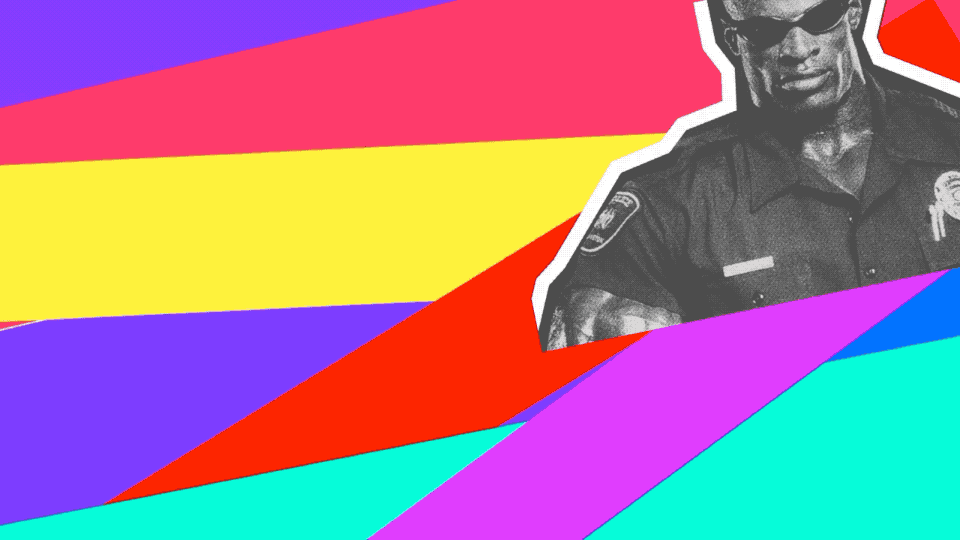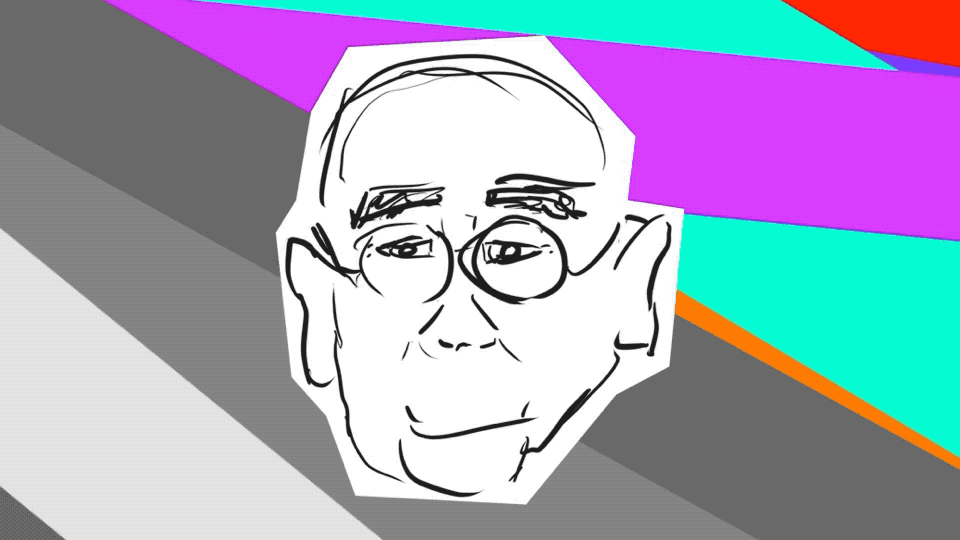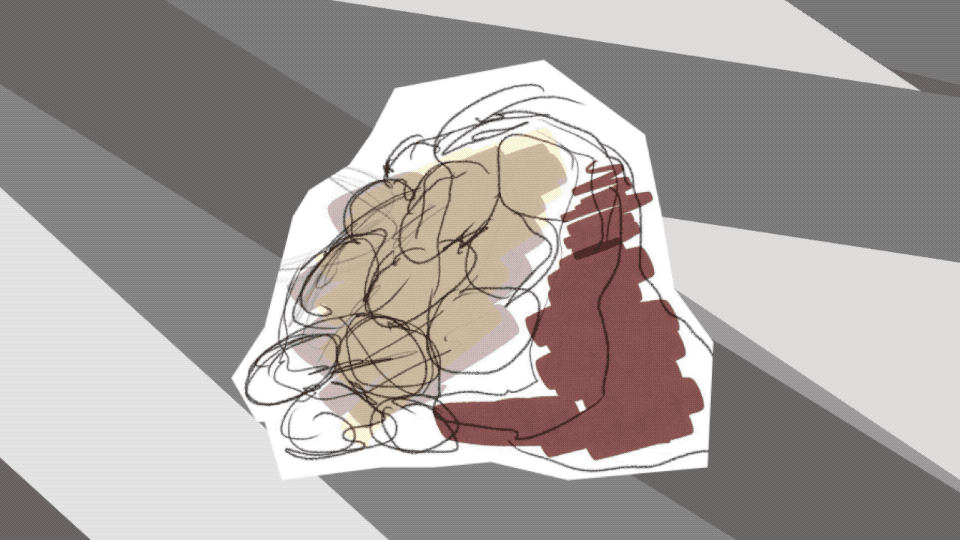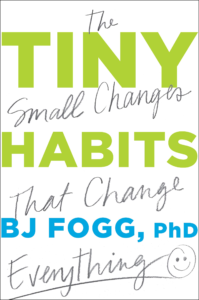Corrections: Messed up Ethan Suplee’s name (I said ‘Sharplee’). Sorry about that. Check out his episode with Kevin Smith.
This week I’m talking about BJ Fogg’s “Tiny Habits“.
If you’ve ever heard the advice of “if you want to build a habit of flossing your teeth, make the habit flossing one tooth”, then you’ve been influenced by some of BJ Fogg’s work.
I go over some of the concepts covered in the book and take a look at my habit of checking my phone first thing in the morning (instead of my aspirational goal of working out first thing in the morning).
Some topics
- Aim to do what you already want to do: Read things you enjoy if you’re trying to build a reading habit. If you want to read more difficult, dense things, it’ll be hard if you aren’t already reading regularly in the first place.
- Practice doing the habit: I mentioned a post by Steve Pavlina about practicing waking up. “Tiny Habits” encourages practicing the habit itself a few times in a row. This way, if it’s a daily habit, you aren’t limited to one rep every day. Practice the entire habit (including the celebration) then do it again.
- Speaking of celebrating, most people aren’t good at it: Sometimes we’re driven by incentives to stick to a diet. One common example is the cheat meal. You stick to your diet day in and day out and then have the cheat meal (or day) on the weekend. This can be effective but it’s more of an incentive rather than a celebration. You can add tiny celebrations immediately after your tiny habit. Fist pump after flossing one tooth. It sounds silly but it’ll pour a little bit of concrete on the habit.




